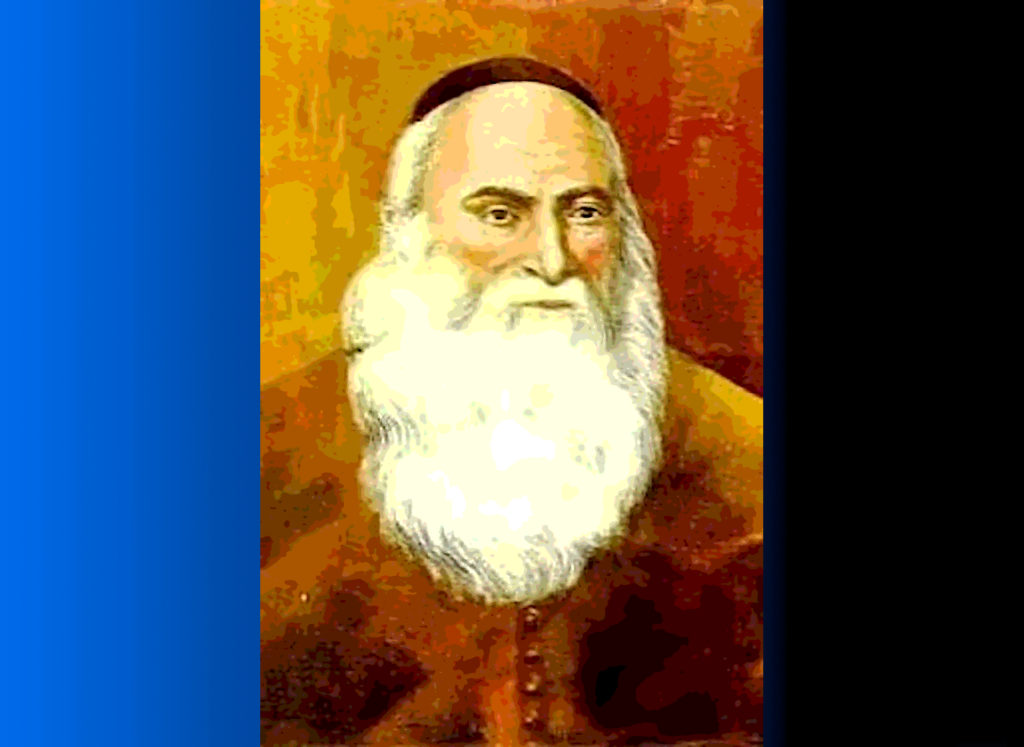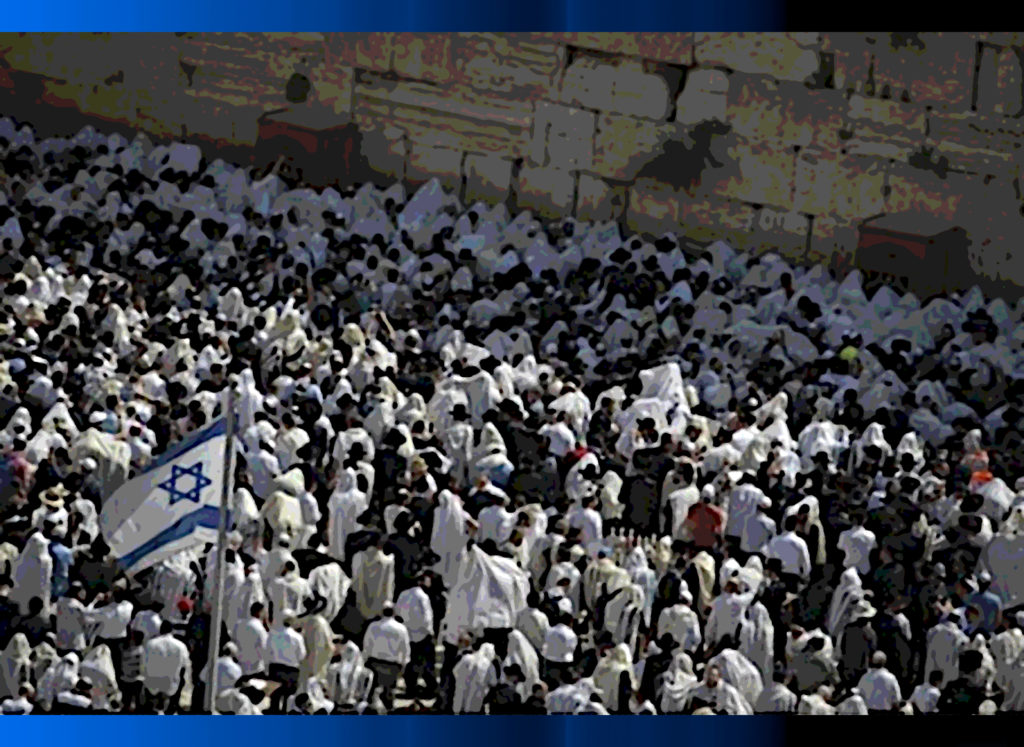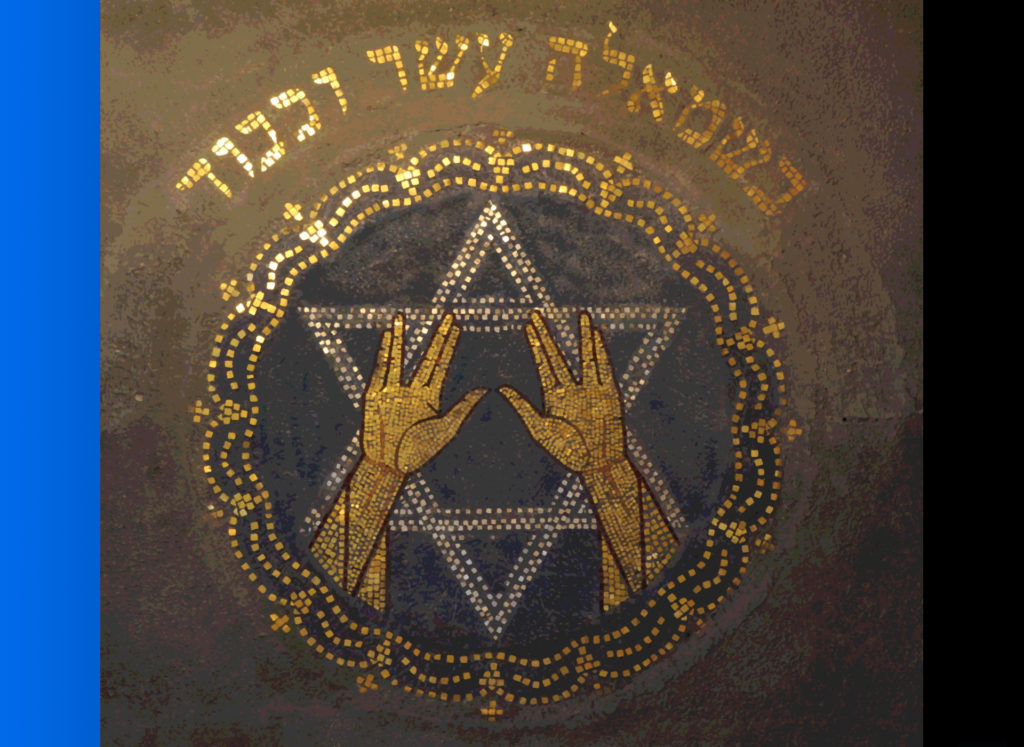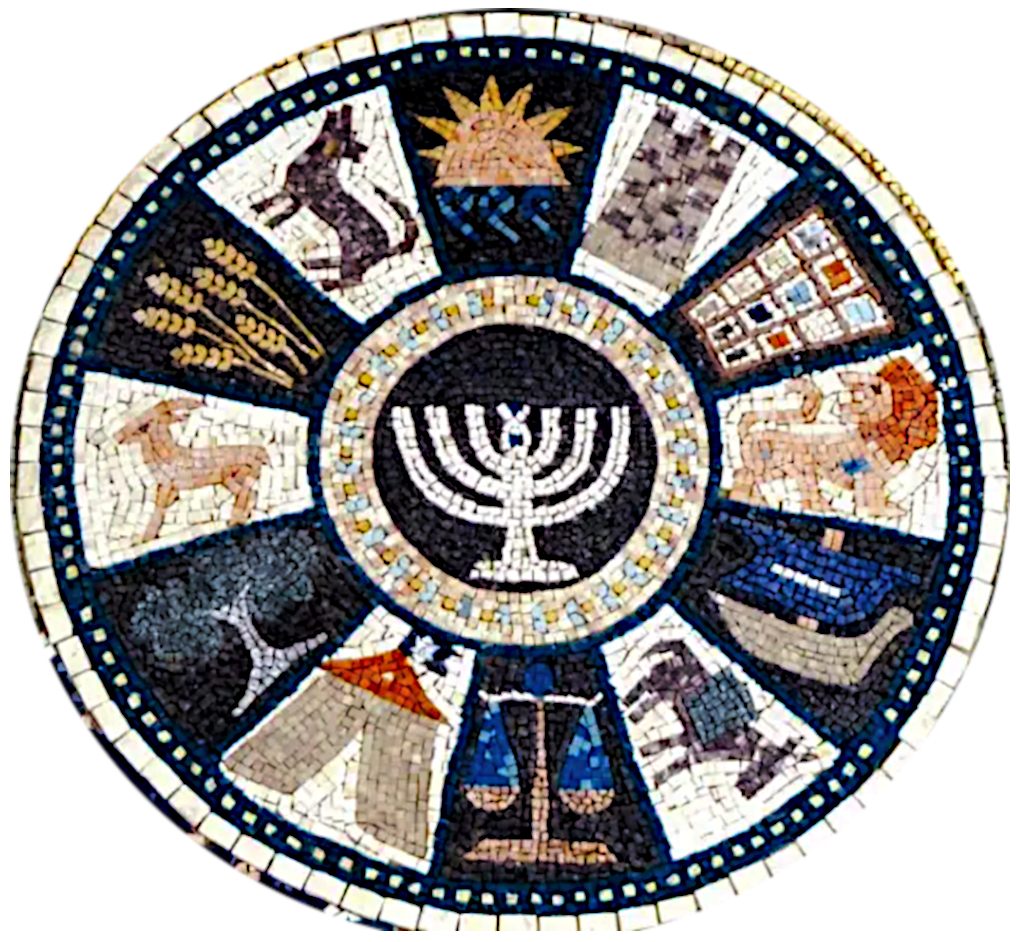
(2-3 Minute Read)
Numbers 4:21-7:89
In the Torah portion, or parasha, of Naso, the topic of holiness and purity of the Jewish people is continued. However, the theme takes on several different directions. After finishing the designation of various tasks to the clans of Levi relating to the maintenance and transportation of the Mishkan, or Tabernacle, the Torah focuses on both physical and spiritual purity among the people of Israel. First, the Holy One, Blessed Be He, indicated that anyone who has been made impure by means of a discharge, dead body, or similar circumstance was to be temporarily removed from the encampment briefly and placed in a form of “external quarantine.” The Almighty then elaborated that a person who has wronged another person is required to provide a guilt offering and make restitution to the victim for the full principal amount or value plus an additional twenty percent. The Most High further described a very intricate process called sotah emphasizing the importance of maintaining marital fidelity. And the instructions for a natzir, or nazirite, were outlined, in which an individual could dedicate themselves to G-d in a special way that required a refraining from wine or other grape products as well as shaving or cutting hair. Following these guidelines, the Almighty then explained how the kohenim, or the Levitical priests, were to bless the Jewish people.
“The L-RD spoke to Moses: Speak to Aaron and his sons: Thus shall you bless the people of Israel. Say to them: The L-RD bless you and protect you! The L-RD deal kindly and graciously with you! The L-RD bestow His favor upon you and grant you peace! Thus they shall link My name with the people of Israel, and I will bless them.” B’Midbar (Numbers) 6:22-27
One of the greatest rabbis of Judaism, especially among Sephardi Jews, was Rabbi Don Yitzhak Abravanel. Rabbi Abravanel was born in Spain in the fifteenth century, and was one of the most prominent Jewish leaders during the Spanish expulsion of Sephardi Jews from Spain in 1492 CE. Rabbi Abravanel left Spain for Portugal, ultimately settling in Venice, Italy. He was a renowned Jewish leader as well as Torah scholar, writing extensive commentaries and other works.

Rabbi Abravanel pointed out that the common thread behind all of these seemingly “miscellaneous” concepts in Naso is additional instructions for developing and enhancing the holiness and purity of the Jewish people. He noted that the Holy One, Blessed Be He, instructed the Jewish people to avoid any kind of physical or spiritual impurity. And that such actions as theft or damage to another individual’s property or person diminish the holiness of the collective Jewish people. Similarly, the core basis of all Jewish life is the Jewish family. Maintaining strong marriages and family trust is absolutely essential to the advancement of our communities and the Jewish people as a whole.
Along the same lines, Rabbi Abravanel indicated that the other topics of the nazirite vow as well as instructions for the Levitical benediction further relate to holiness and purity. The previous commandments describe avoiding negative actions or situations that cause physical and especially spiritual impurity. These other two concepts of the nazirite vow and priestly blessing relate to positive actions to enhance the spirituality of the Jewish people. Some individuals might dedicate themselves to G-d in a special manner, such as the nazirite, and have a positive effect on their entire community. Additionally, the kohenim, or Levitical priests, routinely bless the Jewish people, adding holiness and spirituality to their lives. The priestly benediction, referred to as birkat kohenim, is still recited in Jewish synagogues to this day on certain high holidays and other occasions (depending on community location, nusach or traditional rite, etc.).

The Torah portion of Naso concludes with a description of the completion of the Mishkan, or Tabernacle. In honor of the occasion, delegates from each tribe presented a series of offerings including gold and silver items, livestock, fine flour and oil, and more. Each tribe presented identical offerings. But the Torah doesn’t merely say something like, “This is the offering that each tribe gave.” Rather, the Torah repeats itself twelve times, carefully detailing the offerings even though the information may seem tedious or redundant. One theory as to why the Torah is formatted in this way to emphasize that the offering of every Jewish person is important. Everything that we give to the Holy One, Blessed Be He, and every mitzvah that we perform, is valuable and important. Even if it may seem like our mitzvah or offering is tedious, redundant, or duplicates the efforts of another, the Torah is implying that it is equally important.
May the Holy One, Blessed Be He, grant us to ever enhance our levels of holiness and purity both individually and collectively as part of the Jewish people. And may we always be aware that our mitzvot and offerings are of immense value to the Almighty, no matter how small or mundane they might seem in our own eyes.



